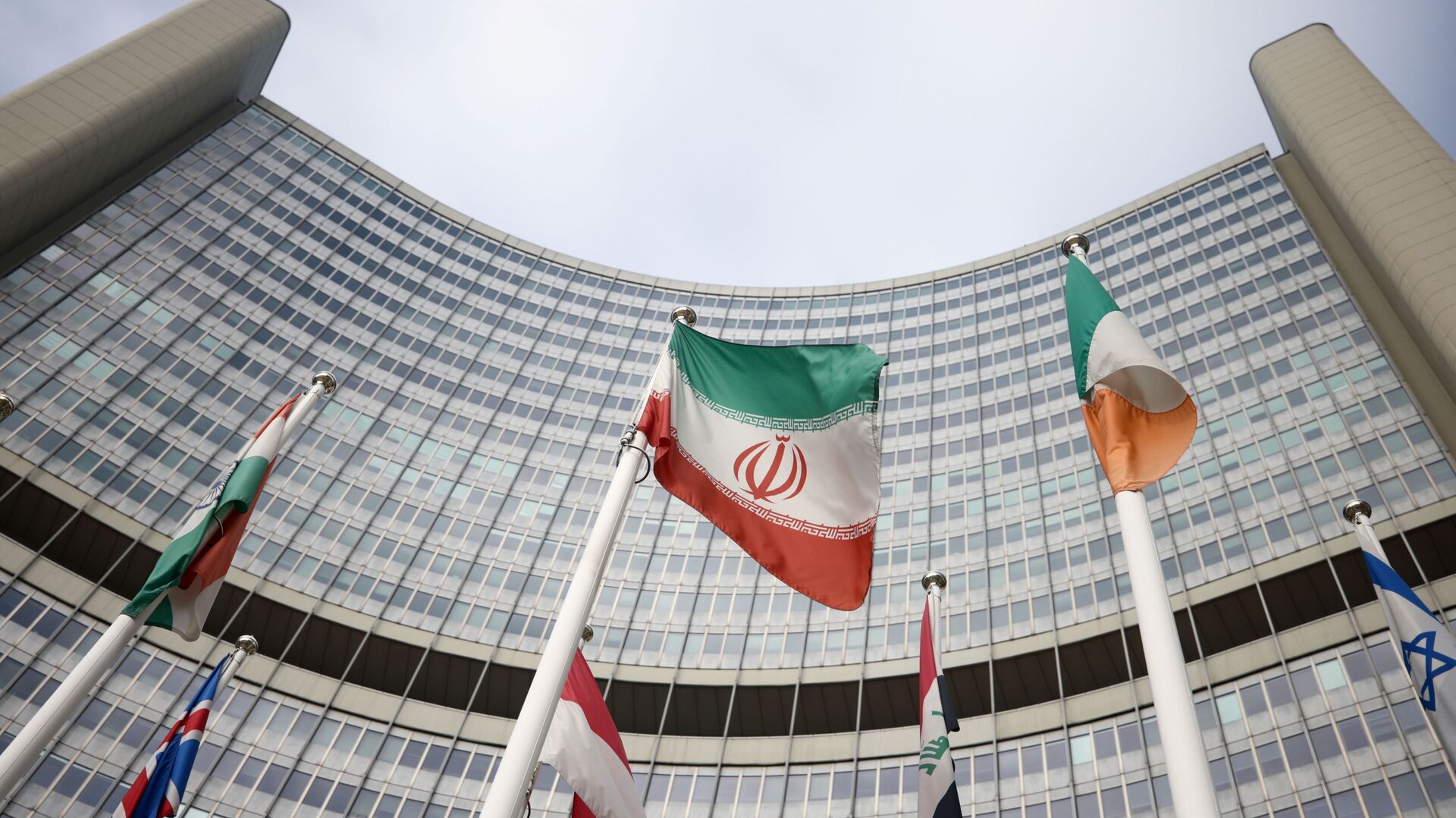As End of ‘Grueling Marathon’ of JCPOA Revival Draws Near, IAEA Warns Iran Nearing Uranium Milestone
20:49 GMT 03.03.2022 (Updated: 20:50 GMT 03.03.2022)

© REUTERS / LISI NIESNER
Subscribe
Israeli media recently revealed that Tel Aviv’s Mossad intelligence agency has for years been waging a covert war against Iran’s nuclear program, including acts of sabotage and assassination, as Jerusalem remains convinced Tehran is in pursuit of a nuclear bomb to use against the Jewish state.
A recent memorandum by the International Atomic Energy Association (IAEA), the United Nations’ nuclear watchdog, warned that Iran could soon pass a notable threshold in uranium enrichment, according to the Wall Street Journal.
According to the Thursday report, as of February 19, Iran had accumulated 33.2 kilograms of uranium with a purity of 60% U-235 - nearly double the quantity it possessed when the IAEA last reported on the topic in November 2021. According to the WSJ, the report warns that this is a nearly sufficient quantity of highly enriched uranium for Iran to extract enough fissile material to build a nuclear bomb; 40 kilograms is the cutoff point.
However, that process would require much more refining at a level Iran is not known to be aiming for; thus far, 60% is the highest purity it has admitted to or been found to possess. Further, Iran has foresworn the use of a nuclear bomb or any weapon of mass destruction, and Israeli military intelligence has reported that while Iran’s uranium enrichment process has accelerated in recent years, there has been no parallel effort in the field of weapons technology, meaning that even if Iran did create 90% enriched uranium, it would not be able to turn it into a useable weapon.
The news comes as negotiations in Vienna aimed at resurrecting the Joint Comprehensive Plan of Action (JCPOA) seem to be drawing to a close. The 2015 deal, shredded in 2018 by the administration of former US President Donald Trump, set strict limits on Iran’s uranium purification in exchange for the removal of economic sanctions against the Southwest Asian country. After the US pulled out of the deal, claiming without evidence that Iran was secretly violating the rules, Iran began backing away from its commitments under the deal, increasing the quantity and quality of uranium it produced.
Following the withdrawal, the Trump White House imposed crippling sanctions on Iran’s economy, part of a “maximum pressure” effort by his administration to destroy the government of the Islamic republic, which is sharply critical of US foreign policy in the region. After US President Joe Biden took office in January 2021, talks on reviving the deal began, as Biden believes the deal is the best way to stop Iran from developing a nuclear weapon.
“Yesterday marked 11 months since the Vienna Talks started. A long and grueling marathon,” tweeted Mikhail Ulyanov, Russia’s top negotiator in Vienna, on Thursday. “Now it is almost over.”
Iranian Foreign Minister Hossein Amir Abdollahian said on Saturday that a deal was very close, and the two sides were reviewing a draft of the agreement for outstanding issues that need to be settled.
“Our red lines are made clear to Western parties. Ready to immediately conclude a good deal, should they show real will,” Amir Abdollahian tweeted.
On Thursday, the US State Department said there had been significant progress toward an agreement, but that a number of difficult and essential issues remained unresolved. One issue is an IAEA probe into undeclared nuclear material found in Iran, which Iranian officials want to end with a new deal, IAEA chief Rafael Grossi said recently.
US State Department deputy spokesperson Jalina Porter told reporters there was "very little remaining time" to reach a deal. "We will not have a deal unless we resolve quickly the remaining issues,” she said.
Iran says its nuclear program is only for electrical generation and research purposes. Last month, the US waived sanctions on Iran’s civil nuclear program for the first time in several years, allowing foreign companies and governments to cooperate with Iran’s several nuclear power plants.
Nine countries are known to possess nuclear weapons, including the United States, Russia, United Kingdom, France, China, Pakistan, India, Israel, and the Democratic People’s Republic of Korea.
